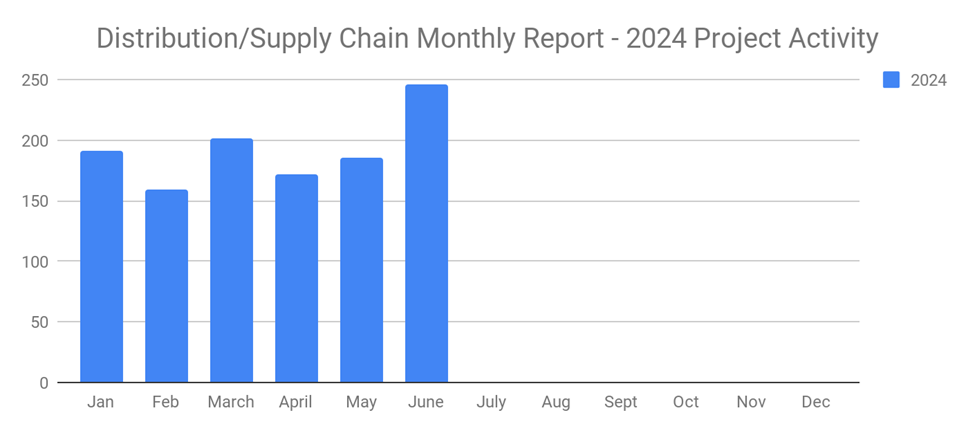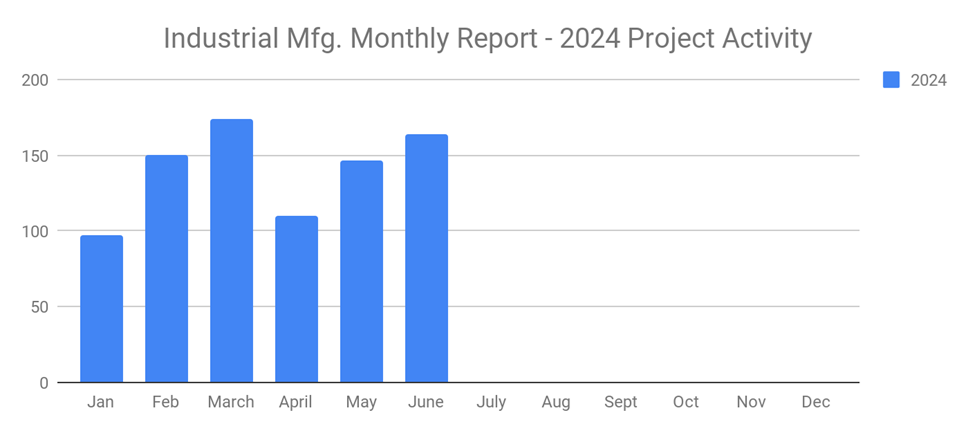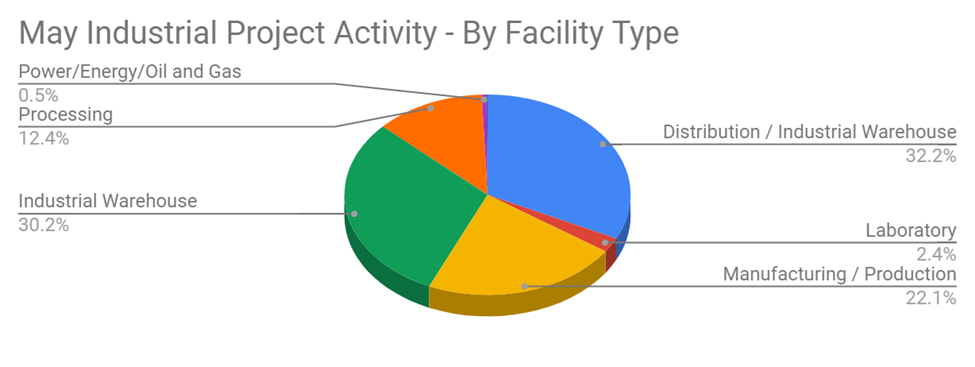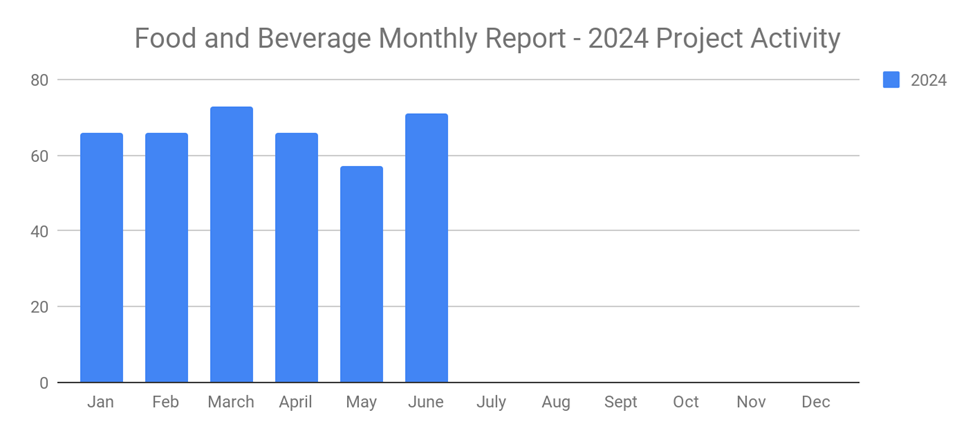-
Posted On Wednesday, December 22, 2021 by Vince Antoine

Is cold calling a part of your B2B company's appointment setting strategy? By calling prospects with whom you've had no prior contact, you can ask them to make an appointment to discuss a potential deal. Cold calling is an easy and low-cost way to generate sales leads, including appointment-based leads. With that said, you'll need to use the right approach when cold calling prospects for appointments. Otherwise, you can expect a low success rate that drives down your productivity and, ultimately, your ability to secure appointments.
#1) Call at the Right Time
The timing of your cold call’s matters. According to HubSpot, only about 2% of cold calls result in an appointment. For every 50 prospects whom you call, for instance, you can expect one of them to make an appointment. But the problem with cold calling is that many sales reps target prospects at the wrong time. Avoid calling prospects during the early morning hours. Most prospects are busy running their own businesses during the early morning hours. As a result, you'll experience greater success by targeting prospects in the afternoon. Calling prospects around 4:00 p.m. to 5.00 p.m. will typically result in more appointments.
#2) Create a Strong Introduction
After a prospect picks up the phone, create a strong introduction. Tell the prospect your name, as well as the name of the B2B company for which you work, and the reason for your call. Cold calls aren't sales calls. Rather, they are sales lead generation calls that are designed to entice prospects to make an appointment. Nonetheless, a strong introduction will grab the attention of prospects while simultaneously encouraging them to make an appointment.
#3) Don't Be Pushy
A common mistake sales reps make when cold calling prospects for appointments is being too pushy. When prospects reject their offer for an appointment, they continue to press prospects for an appointment. Rejections are inevitable in the B2B sales industry. Even if you're only asking a prospect for an appointment -- as opposed to making a purchase -- some of them will reject your offer. If you're too aggressive when trying to secure appointments, though, you'll leave a lasting and negative impression. Prospects will remember you as the overly aggressive sales rep, so they probably won't contact you or any other sales reps at your B2B company in the future.
#4) Research Prospects' Businesses
It's a good idea to research the businesses of prospects before cold calling them. According to LinkedIn's State of Sales Report, nearly four in five prospects won't interact with sales reps who haven't researched their respective business. Even if you're only trying to secure an appointment, you should still research the prospect's business before calling him or her. A little research will go a long way at identifying the prospect's needs. And with this information, you can mention a product or service sold by your B2B company as a solution. The bottom line is that researching prospects' businesses beforehand will help you secure more appointments during cold calls.
That’s why when you use SalesLeads’ project report, you automatically get information on the project and what they are search for. Then you’ll know what stage of the process they are in and when the project will be completed. This valuable information will help you to make an informed call and achieve greater success.
#5) Track Cold Calls
Don't underestimate the importance of tracking your cold calls. Tracking means keeping a record of all the prospects whom you've called as well as information at the cold calls themselves. You can't expect all prospects to answer their phone. You may call 100 prospects, only for about 20 to 30 of them to answer. By tracking cold calls, you'll have a record of which prospects you've successfully reached and which prospects you were unable to reach. You can then try to call the latter group prospects again.
#6) Watch the Length
When cold calling prospects for appointments, you should watch the length. Cold calls for appointments are typically shorter than sales calls. After all, you aren't trying to sell a product. Rather, you are trying to convince prospects to make an appointment. If you spend too much time asking a prospect to make an appointment, he or she may lose interest. The prospect may essentially stop listening, meaning you'll waste valuable time and resources. For greater success, aim for a length of about six to 10 minutes when cold calling prospects for appointments.
#7) Prepare for Gatekeepers
You should prepare for gatekeepers when cold calling prospects for appointments. Even if you know a prospect's phone number, there's no guarantee that he or she will answer the phone. A gatekeeper, such as a receptionist, may answer the phone, instead. Gatekeepers hold the metaphorical keys to decision-making prospects. While you can't always avoid them, you can prepare for gatekeepers.
#8) Ask If It's a Good Time to Talk
Always ask prospects if it's a good time to talk. Whether you reach a prospect directly, or if a gatekeeper connects you to a prospect, you need to make sure the prospect is available to talk. Prospects in the B2B industry are busy professionals, many of whom hold C-suite positions at their respective business. After you introduce yourself during a cold call, ask the prospect if it's a good time to talk. If the prospect says, "no," you can follow up with him or her at another time.
#9) Use a Conversational Tone
Another tip to secure more appointments when cold calling prospects is to use a conversational tone. You should still be professional, and you should still focus on enticing prospects to make an appointment. Nonetheless, you should speak in a conversational and informal tone. A conversational tone will create a stronger connection with prospects. It will humanize yourself, as well as your B2B company's brand, while increasing the chance of securing an appointment.
#10) Leave a Voicemail
If a prospect doesn't answer his or her phone, you should leave a voicemail. A voicemail can often mean the difference between securing an appointment and not securing an appointment. Some prospects are simply too busy to answer unscheduled calls, especially those that come from sales reps with whom they've had no prior contact. By leaving a voicemail, prospects may return to your call, in which case you can ask them for an appointment.
What to learn more? Get in Touch
Latest Posts
-

New Distribution and Supply Chain Industrial Projects Surge to 246 in June 2024
-

New Industrial Manufacturing Projects Third Month in a Row of Growth with 164 New Projects for June 2024
-

Planned Industrial Construction Projects Continue Strong in June 2024 with 496 New Projects
-

New Food and Beverage Planned Projects with Stellar Growth in June 2024 with 71 New Projects
